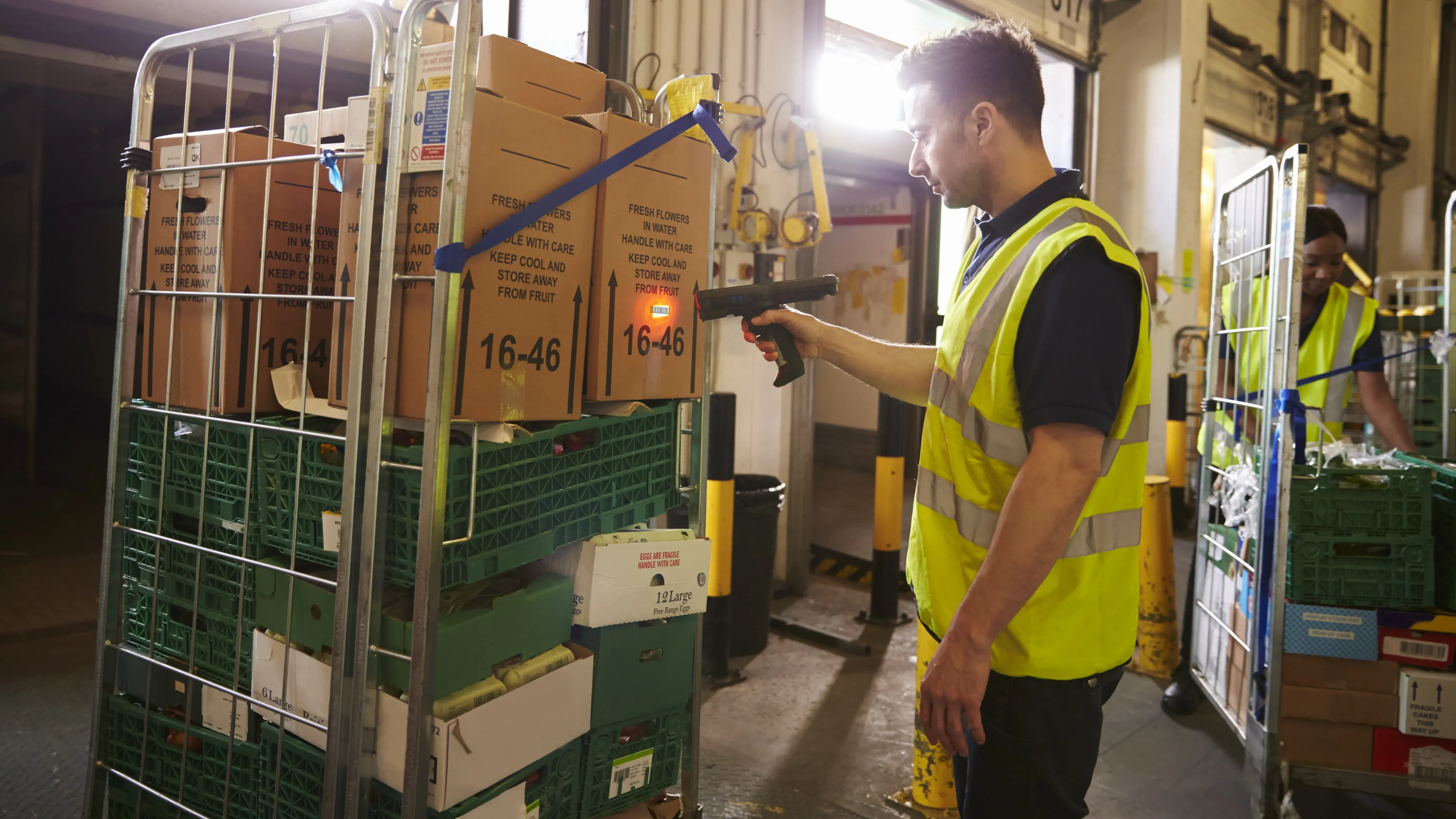Predictive stockpiling of micro-hubs for decentralized food supply
In this project, financed by the ZHAW School of Engineering (SoE), the Institute of Sustainable Development (INE) and the Institute of Applied Information Technology (InIT) are collaborating to develop a delivery system that, in addition to being compatible with urban life, is robust enough to provide the Swiss population with sufficient food in the event of another crisis - similar to the current COVID-19 pandemic.

Initial situation and objectives
During the COVID 19 crisis, consumers tended to turn to online shopping to avoid the risk of infection in crowded shopping areas such as grocery stores. According to the Distance Selling Monitor published by the market research institute GfK, online sales of groceries rose by 65% in March 2020 compared with the same month in the previous year. Moreover, e-commerce is generally on the upswing - a trend which is likely to continue and even intensify as a result of the current crisis.
With the growing trend towards e-commerce, neighborhood stores in particular are becoming less and less important and are increasingly being forced to close their doors forever. To counteract this trend, neighborhood stores could be converted into micro-hubs and stocked and supplied anticipatory based on artificial intelligence (AI).
The goal of the present project is to establish a delivery system that ensures basic supply in neighborhoods and is robust enough to provide the Swiss population with sufficient food in the event of another crisis - similar to the current COVID-19 pandemic.
Project schedule
WP1 - Development of an AI-based reference and data model of a Micro-Hub
Creation of a model, which can anticipate the demand for e-commerce products by means of AI, the integration of past as well as available environment data such as weather, weekday, holidays, sporting events, etc., and can predictively calculate and trigger the stocking of micro-hubs.
WP2 - Validation and adaptation of the reference and data model
Validation and adaptation of the reference and data model to make the learning algorithm and predictive stocking quantities more precise.
WP3 - Scientific dissemination and pilot
Scientific publication of the results and pilot application.
At a glance
Participating Institutes ZHAW:
Project Leader ZHAW:
Staff Members ZHAW INE:
- Vicente Carabias-Hütter, Onur Yildirim
Project Status:
- ongoing